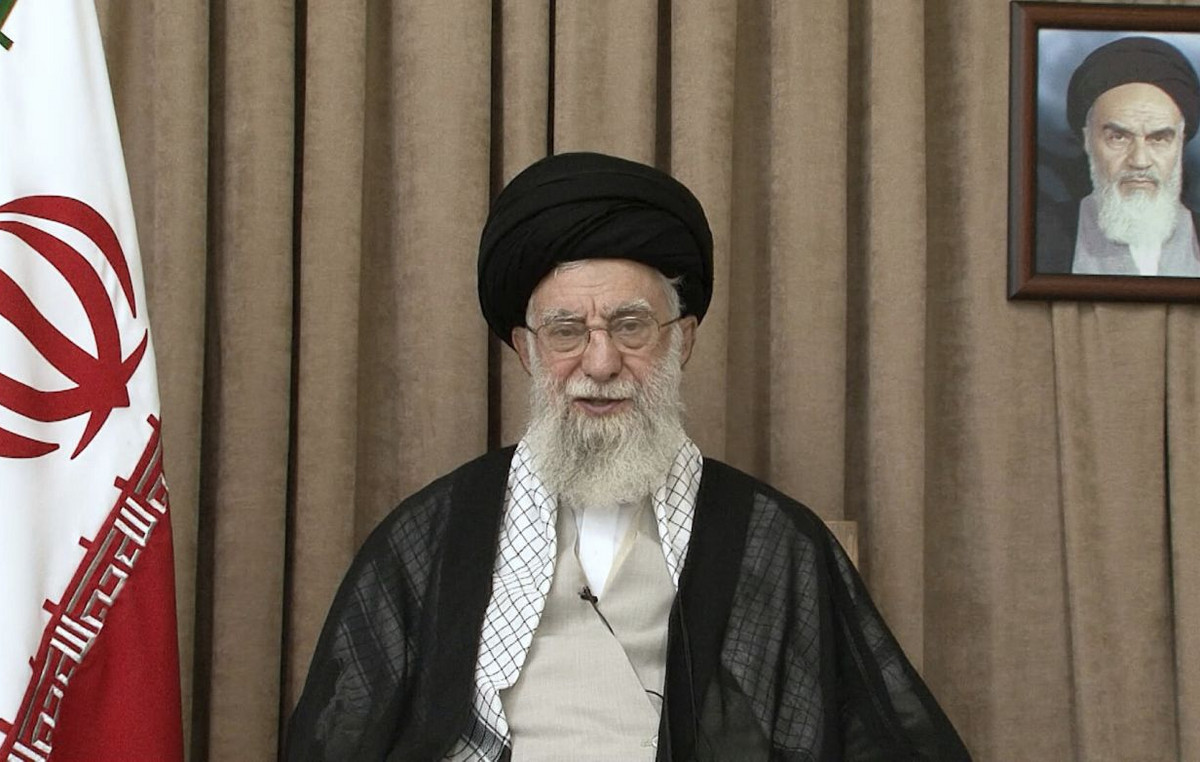The consensus layer is critical to reaching agreement on the network as it keeps all nodes in sync, while the execution layer is responsible for executing smart contracts and managing the state of the blockchain.
The Dencun update is designed to improve security during the scaling stages of Ethereum, in particular, through the use of Proto-Danksharding technology, which allows increasing network throughput to 100,000 transactions per second.
After months of collective effort involving more than 140,000 blockchain testers, the Dencun update was expected to be rolled out by December 2023. However, internal disagreements prevented full testing, which led to the postponement of implementation to next year.
Earlier, Ethereum co-founder Vitalik Buterin presented the crypto community with a new way to protect accounts from the threats of quantum computers. He believes it is important to strengthen user security in the context of the rapid development of new computing methods.
Source: Bits
I am an experienced journalist, writer, and editor with a passion for finance and business news. I have been working in the journalism field for over 6 years, covering a variety of topics from finance to technology. As an author at World Stock Market, I specialize in finance business-related topics.







